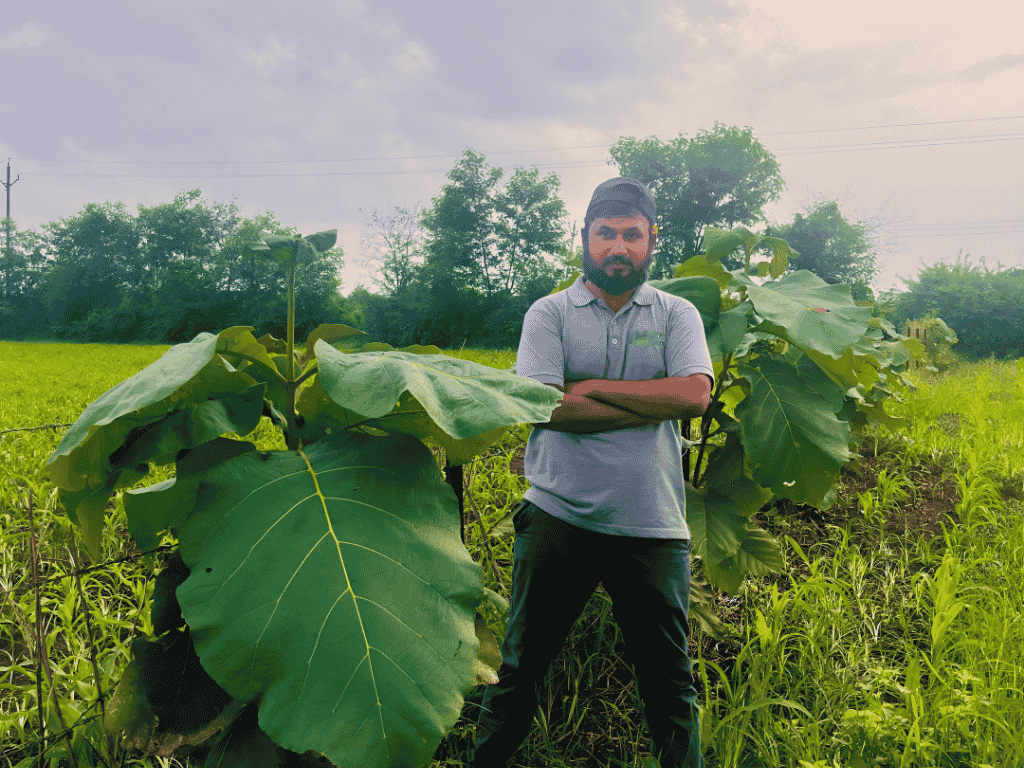When I was a young man, there was a tree in our village—a grand, ancient peepal under which the world seemed to gather. Weddings were blessed under its shade, arguments settled, and lovers whispered promises. The tree asked for nothing, yet gave us everything: shade, oxygen, and a comforting sense of permanence. Years later, when it was cut down to make way for a road, the village felt barren—not just physically, but spiritually.
It strikes me now that companies are much like that tree. They grow, they expand, and they flourish, but their roots—deep and unseen—are their connection to nature. Lose those roots, and even the mightiest enterprise will wither. This is why nature-based solutions, like tree plantation, are not just an environmental whimsy but a corporate necessity.
Let me tell you about IMPCA, a modern-day gardener of hope. They aren’t planting trees to win accolades or look pretty in glossy CSR brochures. They are reviving lands, livelihoods, and legacies—one sapling at a time.
Nature’s Wisdom: The Case for Tree Plantation
Companies today have a carbon problem. Their factories, offices, and supply chains spew CO2 like a careless smoker, leaving a trail of planetary wreckage. The bill is coming due, and no one can afford to default. Enter tree plantation: nature’s own carbon bank.
Here’s why trees are a miracle investment:
- They sequester carbon: Every tree you plant is a silent worker, absorbing CO2 and giving back oxygen.
- They restore ecosystems: A barren patch of land, once a ghost town for biodiversity, becomes a thriving hub of birds, insects, and other life forms.
- They are cost-effective: Compared to expensive carbon capture technologies, trees do the job without fancy gadgets or maintenance contracts.
Now, if you’re thinking this is sentimental rubbish, let me hit you with cold, hard facts. In the last two years, IMPCA has planted 12 million saplings across Madhya Pradesh, partnering with 18,000 farmers. Teak, bamboo, guava, neem—they’ve chosen species that are as beneficial to the land as they are to the farmers who nurture them.
These aren’t just random plantings. Every sapling is part of a larger vision. IMPCA ensures that farmers plant these trees on waste or unused land, so they don’t disrupt agriculture. What they do disrupt, however, is poverty. In a decade or so, these trees will provide timber, fruits, and other produce, creating a sustainable income stream for these communities.
Why This Matters to Companies
Let’s be blunt: the world is watching. ESG (Environmental, Social, and Governance) metrics aren’t just buzzwords anymore. Investors, customers, and regulators want to know how your company plans to offset its carbon footprint.
Nature-based solutions like IMPCA’s tree plantation projects offer a way to align sustainability goals with business interests:
- Cost-Effectiveness: Investing in tree plantation is far cheaper than implementing high-tech carbon capture systems.
- Credibility: When done in compliance with global standards like Verra, these projects offer verified carbon credits—a tangible proof of impact.
- Community Engagement: Supporting tree plantation uplifts rural economies and fulfills CSR obligations in one fell swoop.
And let’s not forget the goodwill. Imagine being the company that didn’t just talk about climate change but did something about it—creating forests and futures at the same time.
A Legacy Worth Leaving
It’s easy to think of nature as a resource—something to exploit, harness, or manipulate. But the truth is, nature is a partner. Companies that understand this will not just survive; they will thrive.
IMPCA’s work in Madhya Pradesh and their upcoming project in West Bengal is a blueprint for how businesses can integrate nature-based solutions into their long-term strategies. By investing in tree plantation, companies aren’t just offsetting carbon. They are restoring ecosystems, supporting communities, and—if I may say so—redeeming themselves.
Years from now, when these saplings have grown into mighty trees, people won’t remember the emissions your company caused. They will remember the forests you built. And that, my friends, is the kind of legacy worth leaving.


